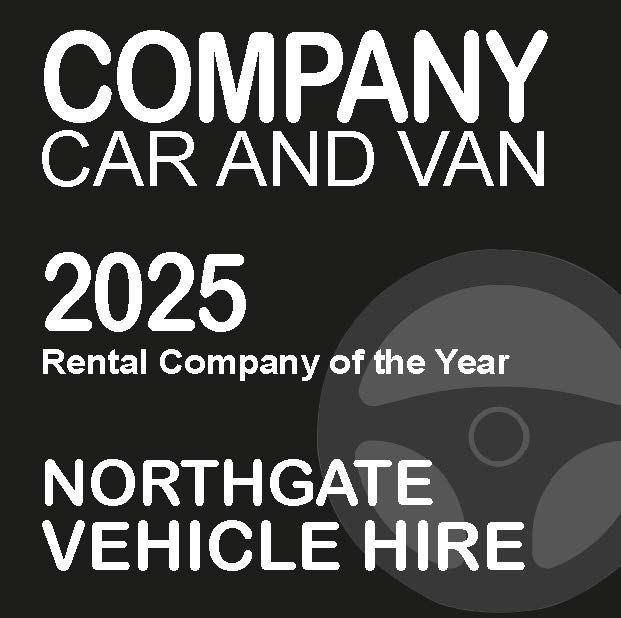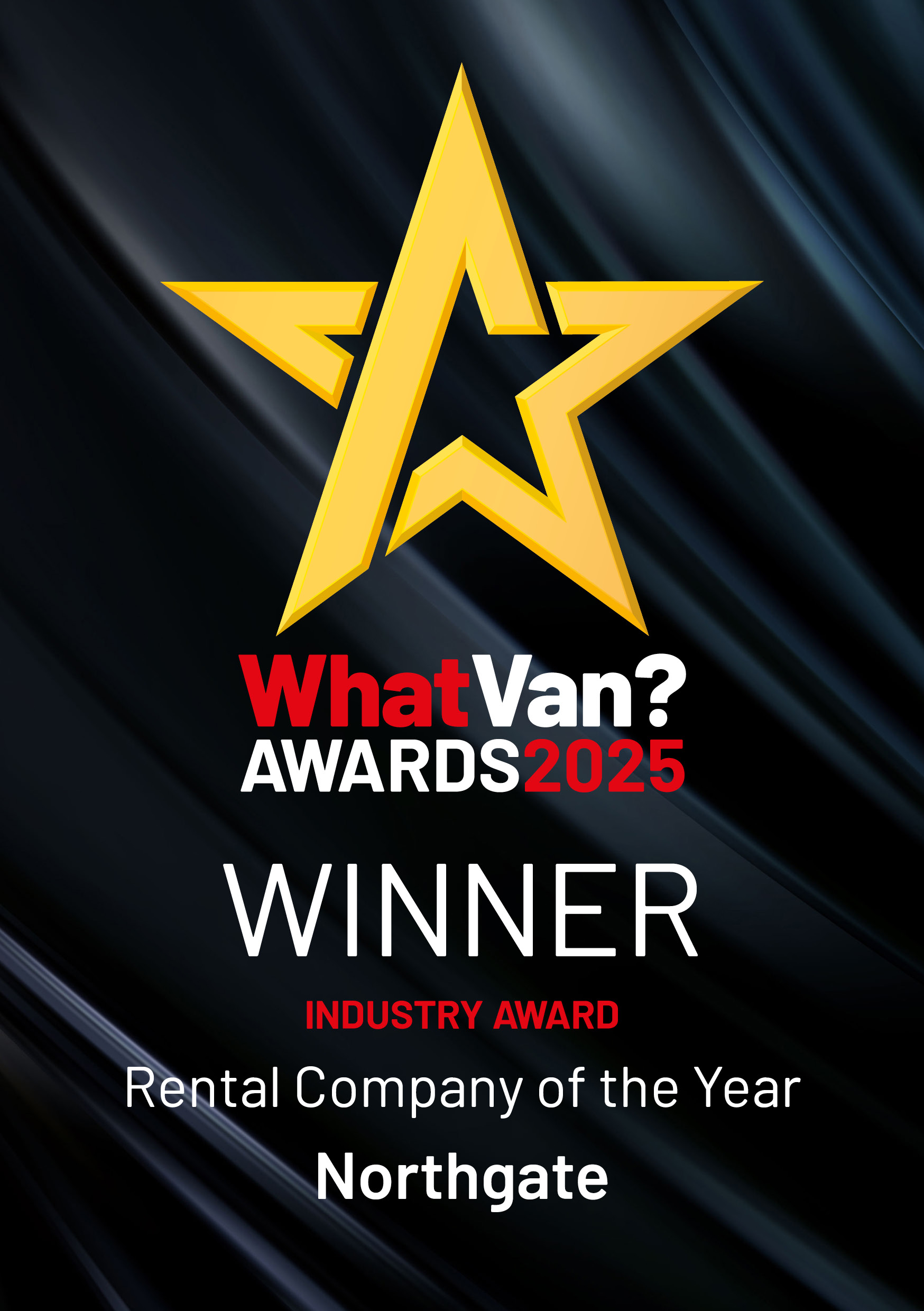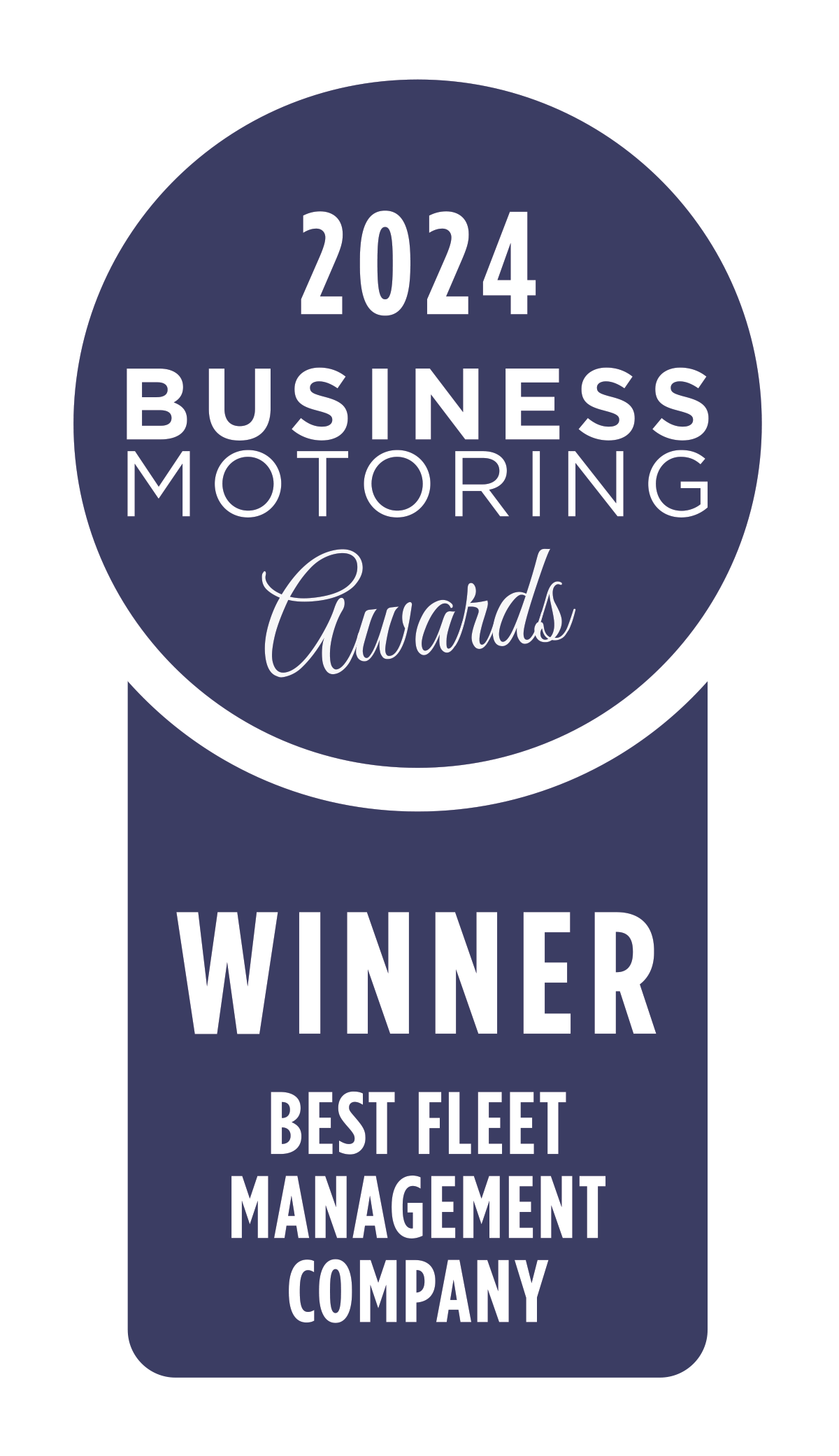Outdated Electric Vehicle myths that just won't go away
![]() 12/07/2021
12/07/2021![]() 15 minutes read
15 minutes read
The challenge for Electric Vehicles (EVs) is that they must replace a technology that has become very successful. With Internal Combustion Engine (ICE) vehicles, we know the day-to-day costs of owning and operating a fleet or a single vehicle. In short, the current diesel van meets our needs. Now, with EVs, everyone is being asked to adopt a technology that we must become used to all over again.
As you might expect from new technology, the spread of misinformation has led to several myths. We go through a few of the more common myths to either dispel them or give you an expert view on their credibility. Let’s start with the big one…
Current EVs aren’t as practical as ICE vehicles
In short, yes! But let me explain why this isn’t a dealbreaker. Most concerns stem from not having a big enough driving range on a single charge, which is commonly referred to as range anxiety.
Range anxiety comes with your first EV because…well, you have either read about it or been told you will get it. When you start up your EV and you see 100 miles remaining, it is natural to feel nervous or to start questioning if your EV has enough charge, especially when it is a vehicle you depend on for your work.
The reality is that the currently available EVs require you to get used to them, but they are more than capable for most tasks once you know their limitations. I have driven a fully electric car for 7 years and I have grown confident in knowing what it can and cannot do. Now, I use my own EV daily and I won’t look back - I’m confident that many of you reading this would find the same, too.
Electric vehicles don’t have enough charge for my needs
For perspective, we analysed the average mileage of Northgate vans. As you can imagine, the mileages varied a lot; however, we know 65% of vans cover 10,000 to 25,000 miles and 75% cover 10,000 to 30,000 miles.
Last year, each Northgate van travelled an average of 21,000 miles - which, when averaged over a 5-day working year or 254 days, is 82 miles per day. If a van is used most days of the year, then, this would be around 57 miles daily. However, 53% of vans travel less than the average. This means that most vans will not need to be charged during the day.
When it comes to working out whether an EV you drive has sufficient charge for your needs, one challenge is that the van constantly recalculates the mileage based on driving style. So, if yesterday’s drive was enthusiastic, then, today’s full charge will reflect that.
For the 16% driving over 30,000 miles annually, daily planning is required but a top-up via a charge may be all that is needed to meet your needs.

You have to plan where you charge
We must recognise in introducing new technology on this scale that there will be problems. What’s my strategy for a journey where I will have to charge? I would go on Zap Map and look for a convenient place to charge - all service stations have high power chargers and many more are being installed. On some rural journeys we have to accept that it could be a challenge.
Do I lose range in cold weather?
My experience of 7 years is yes, around 15% in the UK. This has happened with both my Nissan Leaf and other vehicles I’ve seen. As a bit of reassurance, Norway is the largest EV market by annual registration in the world. If a van is in Aviemore in February and it is minus 20⁰C it will have an impact.
EVs require a home charger
If you cannot charge at home, you may find workplace or public charging is more than sufficient. Zap Map is amongst the best sources of charger information.
Can I use a 3-pin plug?
The answer is: yes. BUT it’s not a long-term solution, because it is often too slow. In an emergency or if you have no other option, it’s a good short-term charging method.
The time to fully charge via a 3-pin plug is marginally slower than a 3kW outlet. For example, an empty 30kWh battery would take around 10 hrs to fully fill. Or another way of looking at it - a 3kW charger will give you about 10 miles range per hour of charging.
If charging via a 3-pin plug and using an extension lead, it must be unwound fully as it may get hot. Contact Us
Does my battery last forever?
No, but vehicles do come with a battery guarantee. Until a vehicle’s first MOT, there should be no significant deterioration in a battery’s ability to hold charge, unless the vehicle has been driven circa 100,000 miles or frequently charged via high power chargers (over 50kW).
Can I charge in the rain or Can I use a car/hose to clean the vehicle?
This is a serious question and is often asked. Using the Nissan Leaf as an example, Nissan state that the rating for their battery is equivalent “to submerging any component of our vehicle in the water at 1 meter for 30 minutes…this applies to electrical components.” This means the battery and electric motors are built to withstand this level of time and depth of submersion. So, yes you can.
The grid cannot support EV charging
This is a myth denied by the National Grid many times. Also, a standard home has no problem as I’ve have found out through my own use of home charging for over 7 years.
Does EVs being almost silent to drive lead to more accidents?
There are not enough accidents recorded between an EV and a pedestrian to make conclusions. However, the EU has decided that noise is required. A car's acoustic vehicle alert system (AVAS) must sound when reversing or travelling below 12mph (19km/h). From 2021, all new electric cars must have an AVAS, not just new models. I have to assume that post-Brexit this will apply to all EVs in the UK. The road noise is the same but the startup is noticeably different.
Are automatics the only option?
Yes. EVs do not have a gearbox and are driven via a motor. This point leads into the next one…
Can EVs accelerate faster than a milk float?
This was a popular image portrayed by some in the media. EVs are very quick to accelerate due to no gearbox system loss.
When driving EVs, extra care should be taken not to over-accelerate when you are behind a vehicle at traffic lights.
Batteries cannot be recycled
This is sort of true as there are not enough to warrant a full-size recycling plant, however, it is being worked on.
Is hydrogen a better alternative to Battery EVs?
Hydrogen is promoted by producers however no van companies have a production model or have evidence of producing one. The problems are cost and lack of efficiency. The consensus is that 7.5T and below will be electric and larger if they operate within a region.
There is scope for hydrogen for long haul hydrogen, however, there is no effective infrastructure on any parts of the Strategic Road Network. Volkswagen-owned Scania says fuel-cell trucks will be too inefficient and expensive compared to battery-powered vehicles. However, Daimler Truck AG, IVECO, OMV, Shell and the Volvo Group have committed to work together to help create the conditions for the mass-market roll-out of hydrogen trucks in Europe.
In my opinion vehicles under 10T will be battery, HGV operating in a region will be battery and HGV long haul will be hydrogen or retain the internal combustion engine, but with new fuels. However, announcements are frequent and contradictory.
More about our author
Dr Colin Herron, MD Zero Carbon Futures, Visiting Professor Newcastle University
Colin has worked in or with the automotive industry for nearly 48 years with 16 years as an engineer at Nissan. Since 2008 Colin has specialised in EV either project managing infrastructure roll-out or researching vehicle technology. Currently MD of a small not for profit consultancy Zero Carbon Futures owned by Newcastle University where Colin is also a Professor
Are you thinking about making the switch to EVs?
SPEAK WITH THE EV TEAM









